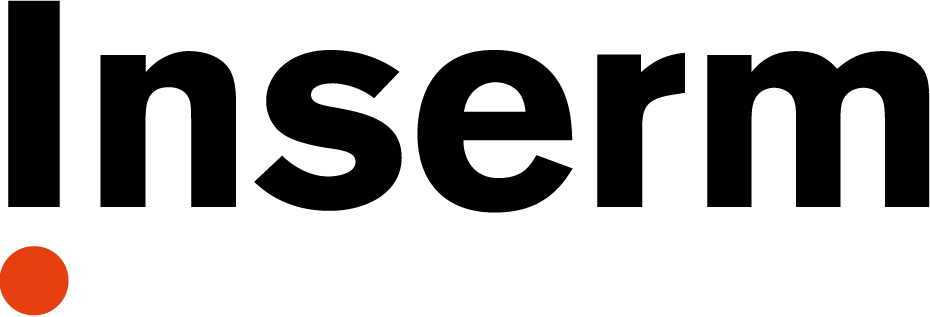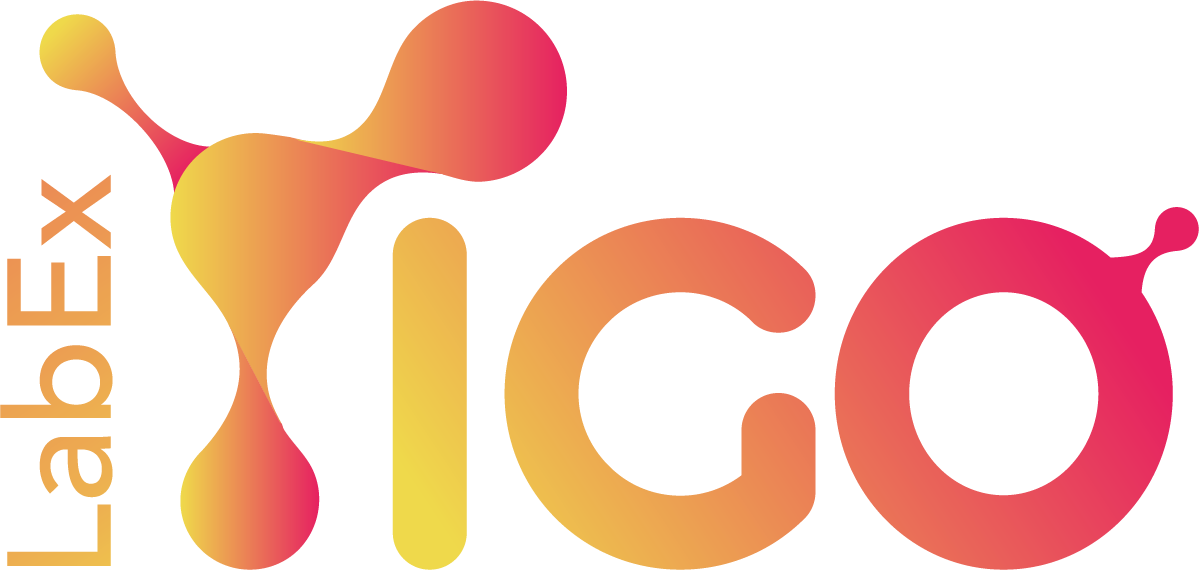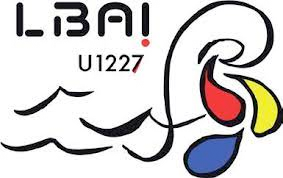Systemic autoimmune diseases are frequent, chronic, and collectively impose a heavy burden on health care systems. While treatments are available for some of these conditions (e.g. rheumatoid arthritis or ANCA-associated vasculitis), no drug has shown a meaningful efficacy in all these other orphan diseases (e.g. pSS, systemic sclerosis, inflammatory myopathies). Furthermore, for all of them the response and progression of the disease are unpredictable in individual patients.
To participate to the global effort to optimize the indications for immunotherapy in SADs, we developed 4 complementary work packages (WP) in order to:
- use systems biology to stratify the patients and predict response to therapy (WP4)
- develop and validate response criteria (WP5)
- organize therapeutic trials with associated mechanistic studies to better understand the mode of action of new immunotherapies (WP6)
- invent and develop innovative immunotherapies to target B cells in SADs (WP7)
WP4: Development of new tools to stratify patients with complex diseases and to predict response to therapy
Lead: Jacques-Olivier Pers
There are several factors that may critically hamper the development of successful drugs in SADs. Being multi-organ conditions, there is considerable disease heterogeneity among individuals both in terms of clinical manifestations and underpinning biological disturbances. Consequently, it is likely that any targeted biological therapy may only benefit to a subset rather than the entire population of patients and that combination therapy may be required. Using multi-OMIC approach, and especially the data generated in the PRECISESADS, HarmonicSS, Necessity and 3TR projects, we want to unravel immune dysregulations at systems level and identify signatures and clusters of molecular entities that may drive personalized treatment strategies. Molecular profiling and integration of multi-omics data is indeed a novel approach to stratify individuals with clinically heterogeneous diseases, not only with a view to reclassification but also to identify the molecular basis of their pathogenesis and potential new biomarkers of disease progression and severity.
WP5. Development and validation of response criteria in SADs
Lead: Valérie Devauchelle-Pensec
In order to study the efficacy of treatments in SADs, it is mandatory to first define what a meaningful clinical response is. Whereas more than 10 new targeted immunomodulatory drugs have been licensed for rheumatoid arthritis in the past twenty years, only one drug has been marketed for a SAD in the same period (Belimumab, an anti-BAFF monoclonal antibody, in lupus). One of the main factors that may critically hamper the development of successful drugs for SADs such as pSS and SLE is their considerable heterogeneity among individuals both in terms of clinical manifestations and underpinning biological disorders. Such clinical and biological heterogeneity provides a major challenge to designing clinical trials with measure of clinical success of an intervention using a “one size fit all” outcome measure. Our group is at the forefront of the research of new tools to assess responses in these diseases.
WP6. Organize therapeutic trials to prove the effectiveness of new immunotherapies and with translational projects to understand their mechanisms of action
Lead: Alain Saraux
Our previous experience in conducting clinical trials sponsored by CHRU Brest has allowed us to develop a strong network of collaborations with academic partners (through several PHRCs in pSS, PMR, RA and kidney transplantation) as well as with industrial pharma partners through investigator-initiated studies such as the TENOR (Roche-Chugai)(Devauchelle-Pensec 2016, PMID: 26929219) and ALORS (BMS) studies in PMR.
We seek to develop an “immunotherapy evaluation structure” based on our technological platforms such as the Hyperion and Calciscreen platforms, in order to perform mechanistic studies to understand the mechanisms of action of the drugs that will be evaluated during our clinical trials. Our unique clinical expertise (patient recruitment, clinical trial facility) together with our cutting-edge technological capacities give us a clear visibility in the domain. Our objective here is to increase the number of clinical trials led by members of our Unit and to strengthen our platforms through the recruitment of engineers and technicians. These clinical trial-related translational projects will also constitute a major source of data and samples for the projects listed in Axis 1.
WP7. Develop B-cell targeting therapeutic molecules
Lead: Olivier Mignen




